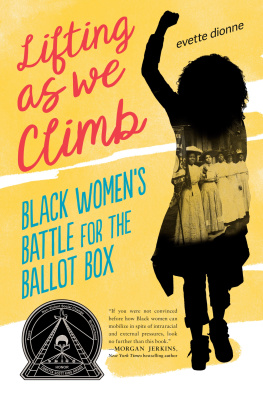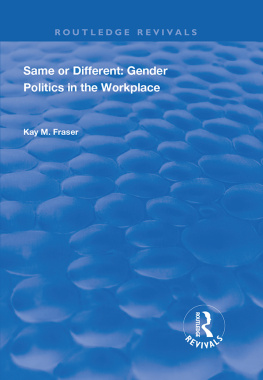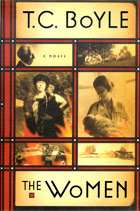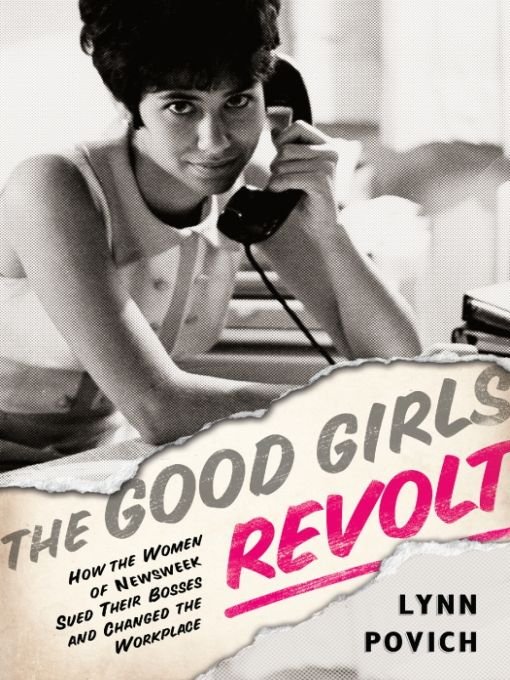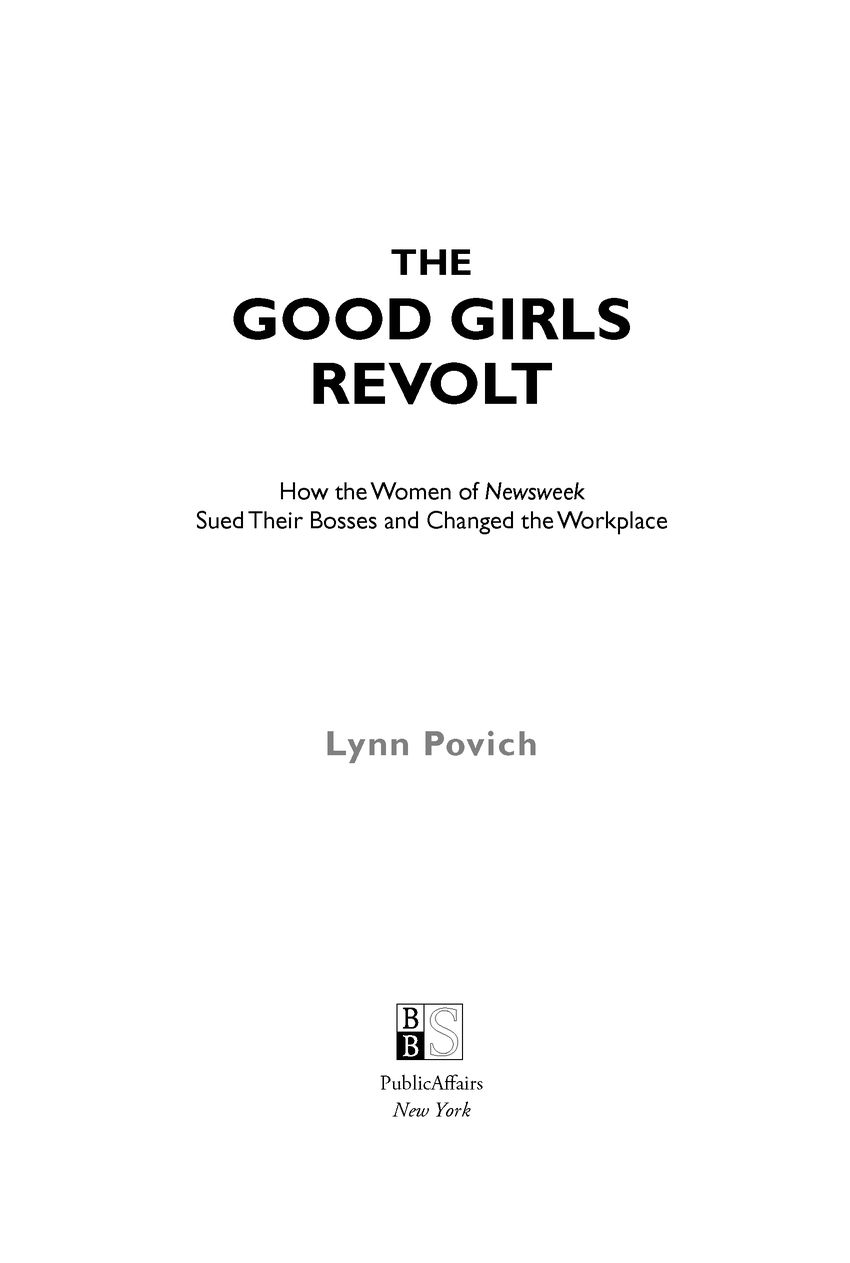Lynn Povich - The Good Girls Revolt: How the Women of Newsweek Sued their Bosses and Changed the Workplace
Here you can read online Lynn Povich - The Good Girls Revolt: How the Women of Newsweek Sued their Bosses and Changed the Workplace full text of the book (entire story) in english for free. Download pdf and epub, get meaning, cover and reviews about this ebook. year: 2012, publisher: PublicAffairs, genre: Non-fiction. Description of the work, (preface) as well as reviews are available. Best literature library LitArk.com created for fans of good reading and offers a wide selection of genres:
Romance novel
Science fiction
Adventure
Detective
Science
History
Home and family
Prose
Art
Politics
Computer
Non-fiction
Religion
Business
Children
Humor
Choose a favorite category and find really read worthwhile books. Enjoy immersion in the world of imagination, feel the emotions of the characters or learn something new for yourself, make an fascinating discovery.

- Book:The Good Girls Revolt: How the Women of Newsweek Sued their Bosses and Changed the Workplace
- Author:
- Publisher:PublicAffairs
- Genre:
- Year:2012
- Rating:3 / 5
- Favourites:Add to favourites
- Your mark:
The Good Girls Revolt: How the Women of Newsweek Sued their Bosses and Changed the Workplace: summary, description and annotation
We offer to read an annotation, description, summary or preface (depends on what the author of the book "The Good Girls Revolt: How the Women of Newsweek Sued their Bosses and Changed the Workplace" wrote himself). If you haven't found the necessary information about the book — write in the comments, we will try to find it.
It was the 1960sa time of economic boom and social strife. Young women poured into the workplace, but the Help Wanted ads were segregated by gender and the Mad Men office culture was rife with sexual stereotyping and discrimination.
Lynn Povich was one of the lucky ones, landing a job at Newsweek, renowned for its cutting-edge coverage of civil rights and the Swinging Sixties. Nora Ephron, Jane Bryant Quinn, Ellen Goodman, and Susan Brownmiller all started there as well. It was a top-notch jobfor a girlat an exciting place.
But it was a dead end. Women researchers sometimes became reporters, rarely writers, and never editors. Any aspiring female journalist was told, If you want to be a writer, go somewhere else.
On March 16, 1970, the day Newsweek published a cover story on the fledgling feminist movement entitled Women in Revolt, forty-six Newsweek women charged the magazine with discrimination in hiring and promotion. It was the first female class action lawsuitthe first by women journalistsand it inspired other women in the media to quickly follow suit.
Lynn Povich was one of the ringleaders. In The Good Girls Revolt, she evocatively tells the story of this dramatic turning point through the lives of several participants. With warmth, humor, and perspective, she shows how personal experiences and cultural shifts led a group of well-mannered, largely apolitical women, raised in the 1940s and 1950s, to challenge their bossesand what happened after they did. For many, filing the suit was a radicalizing act that empowered them to find themselves and fight back. Others lost their way amid opportunities, pressures, discouragements, and hostilities they werent prepared to navigate.
The Good Girls Revolt also explores why changes in the law didnt solve everything. Through the lives of young female journalists at Newsweek today, Lynn Povich shows what hasand hasntchanged in the workplace.
Lynn Povich: author's other books
Who wrote The Good Girls Revolt: How the Women of Newsweek Sued their Bosses and Changed the Workplace? Find out the surname, the name of the author of the book and a list of all author's works by series.

